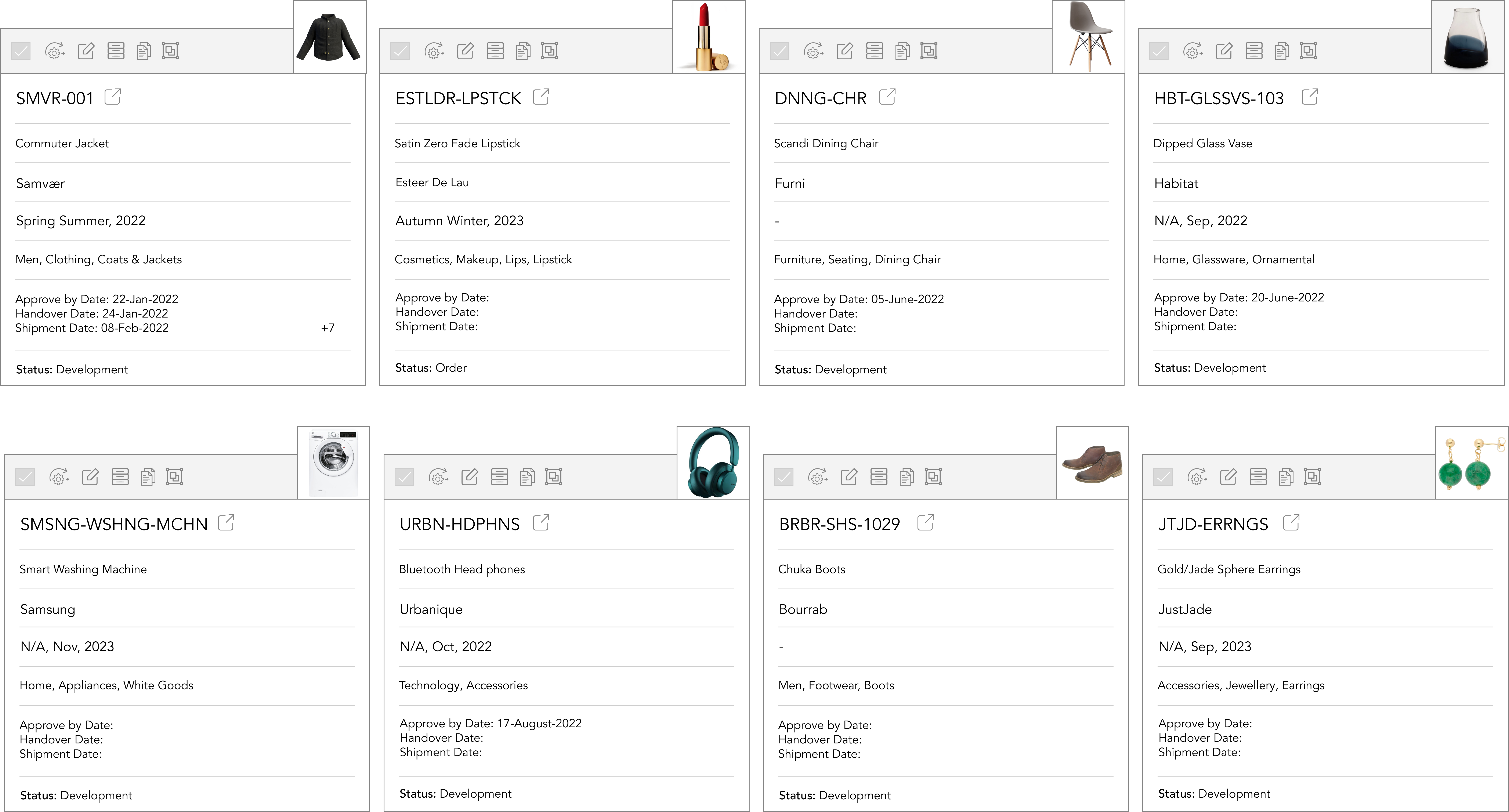The food and drinks industry boasts a great heritage but often struggles to adopt new digital technologies and adjust to market changes. This is because of its established ways of business.
However, recent global events, such as the COVID-19 pandemic, have propelled a shift towards online consumer buying and remote work. With this comes the pressing requirement for a digital revolution throughout the sector. Embracing digital solutions increases efficiency, profits, and overall growth.
I bet you’re wondering when will be the right time to embark on digitalisation? Here are some indicators that you need to bid farewell to spreadsheets, endless team meetings, and disjointed systems.
Limited visibility in managing your product portfolio
Efficient and transparent product lifecycle management requires the right technology. Without it, extending successful products or developing new ones becomes exceedingly difficult and inefficient. Product information stored in various places makes it hard to track your product portfolio.
The absence of up-to-date information and a centralised view leads to inaccuracies that result in missed targets. Perhaps you find it challenging to visualise and conceptualise. Maybe you struggle to collaborate on new products to leverage emerging trends.
Or you may have addressed gaps in your current offerings using your existing system. If any of this applies to you, it’s a clear sign that it’s time to digitise your product portfolio management.

Your e-commerce platform lacks integration with product development
Online shopping has made an e-commerce presence essential for food and beverage retailers. Customers have grown accustomed to the convenience of ordering online and receiving orders at their doorstep.
Without a digital solution, connecting product information to your e-commerce site becomes challenging. It also requires tedious data re-entry.
Are you noticing that your team is wasting time reentering product information? Does the disconnection between product development and launch drive customers to other retailers? If your answer is yes, it’s clear that now is the time to incorporate digital solutions into your operations.
Packaging and Label Chaos
Consumer concerns about health and sustainability have caused new packaging and labeling requirements. Consumers now seek transparency regarding content, fair sourcing practices, and recyclable packaging.
For food and beverage companies, managing and tracking packaging and labeling is a complex task. Mistakes in this process pose health and compliance risks. They also undermine consumer confidence, potentially damaging the brand’s reputation.
If you wish for a more streamlined approach, digitalisation is the key. It will allow you to upload accurate and up-to-date ingredient data throughout the development process.


Challenges in specification management
Specification management is a laborious and error-prone task. It involves meticulous attention to detail, accurate data entry, and extensive manual effort. Spreadsheets can make version control difficult. This situation can cause potential errors.
Tracking changes made by different teams across various departments becomes difficult and lacks clarity. Using disconnected spreadsheets and systems further complicates changing specific aspects. Changes in product formulations, such as nutrition data or allergens, often result in a cascade of modifications.
In this process, overlooking certain changes becomes all too easy. This results in errors. The lack of traceability and compliance increases the risk of non-compliance issues. The current state of specification management hinders new product development progress. It leads to delays in meeting launch milestones.
If your current specification management systems lack visibility, it’s time for a change. A disjointed workflow and struggles with traceability and compliance management are clear indicators. Consider investing in an integrated PLM digital solution that enables end-to-end product development. This solution will address the shortcomings and provide a streamlined approach for the Food & Beverage Companies.
It’s time to digitalise
Is it now clear that your food and beverage company needs to embrace digitalisation? It’s time to consider a platform that centralises product information and streamlines operational challenges.
Many companies in the industry find the answer in Product Lifecycle Management (PLM) solutions. PLM for food and beverage provides a real-time hub for product data, acting as the single source of truth. It connects products, people, and processes. It enhances visibility, consistency, and collaboration.
This leads to faster time to market and increased success rates for product introductions. It improves quality and compliance, simplifies traceability, and reduces costs. Embracing digitalisation signals a path to future success for your company!
